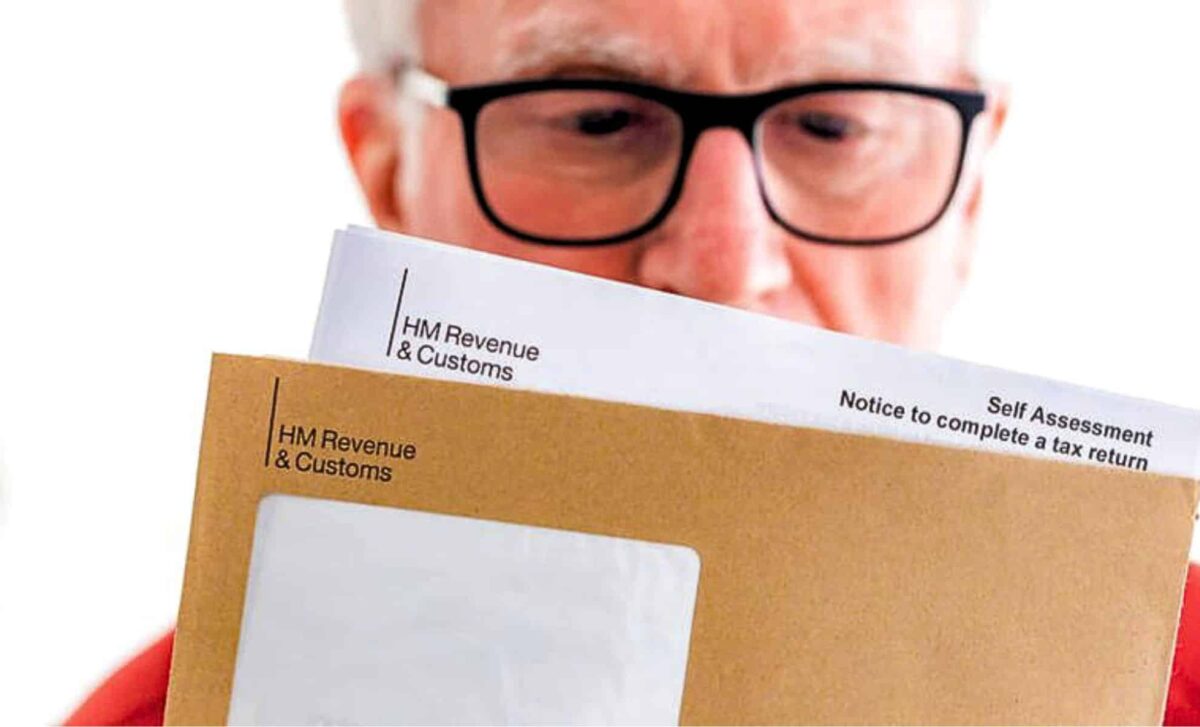If you are doing part-time work, it could be a good idea to review your tax situation to ensure you are not overpaying. During the summer, many people, especially students who work to earn money for the next academic year, should pay close attention to their income tax situation. There is also a third possibility. You may be paying tax when you should not be.
Tax expert Andy Wood, who has identified some of the more unclear tax treatments within the current tax system, says they might not be understood by students or others who work on a part-time basis.
He also explained how to manage tax affairs properly. In particular, it involves finding out about how to ensure the right amount is paid. It is also about knowing how to recover payments in each case. Additionally, he addressed how to correct the situation if you have overpaid
Andy stated, “Navigating tax regulations can be perplexing for students with part-time employment. It’s vital to recognise that students are not required to pay tax until their income surpasses the thresholds for Income Tax and National Insurance, set at £1,048 per month and £242 per week, forming the Personal Allowance. Employers usually manage Income Tax and National Insurance deductions via the PAYE system, simplifying matters for students.”
“Self-employed students face additional duties, such as filing Self Assessment tax returns to report their income and expenses. This procedure allows HMRC to determine tax liabilities accurately, ensuring adherence to tax laws.”
Tax Considerations for Working Abroad
Andy explained that there are specific tax implications when taking seasonal jobs abroad. Earnings above Personal Allowance are subject to UK tax liability. But employment with a foreign employer may involve different tax arrangements. Keeping these differences in mind is important to avoid potential tax problems.
Andy noted, “Maintaining accurate records and understanding tax processes are crucial. Especially for students transitioning between part-time jobs. Obtaining P45 form from previous employer and presenting it to new employer. This is essential for correct tax deductions.”
“Failure to do so could result in either overpayment or underpayment of tax. This can lead to various financial consequences. Seeking advice from HMRC can assist students in navigating job changes seamlessly. Additionally, they can avoid tax-related complications.”
How to Claim an Income Tax Refund
Andy explains that if a student stops working before the end of the tax year and earns less than the annual Personal Allowance threshold, they may have paid too much in taxes. By using HMRC’s tax checker, students can easily reclaim overpaid taxes by obtaining accurate information on their earnings and tax payments.
Under certain conditions, students may be entitled to tax refunds if they have paid too much tax or have ended their employment in the middle of the tax year. To claim a refund, students usually need to complete forms such as P50 or P85 and submit them to HMRC.









